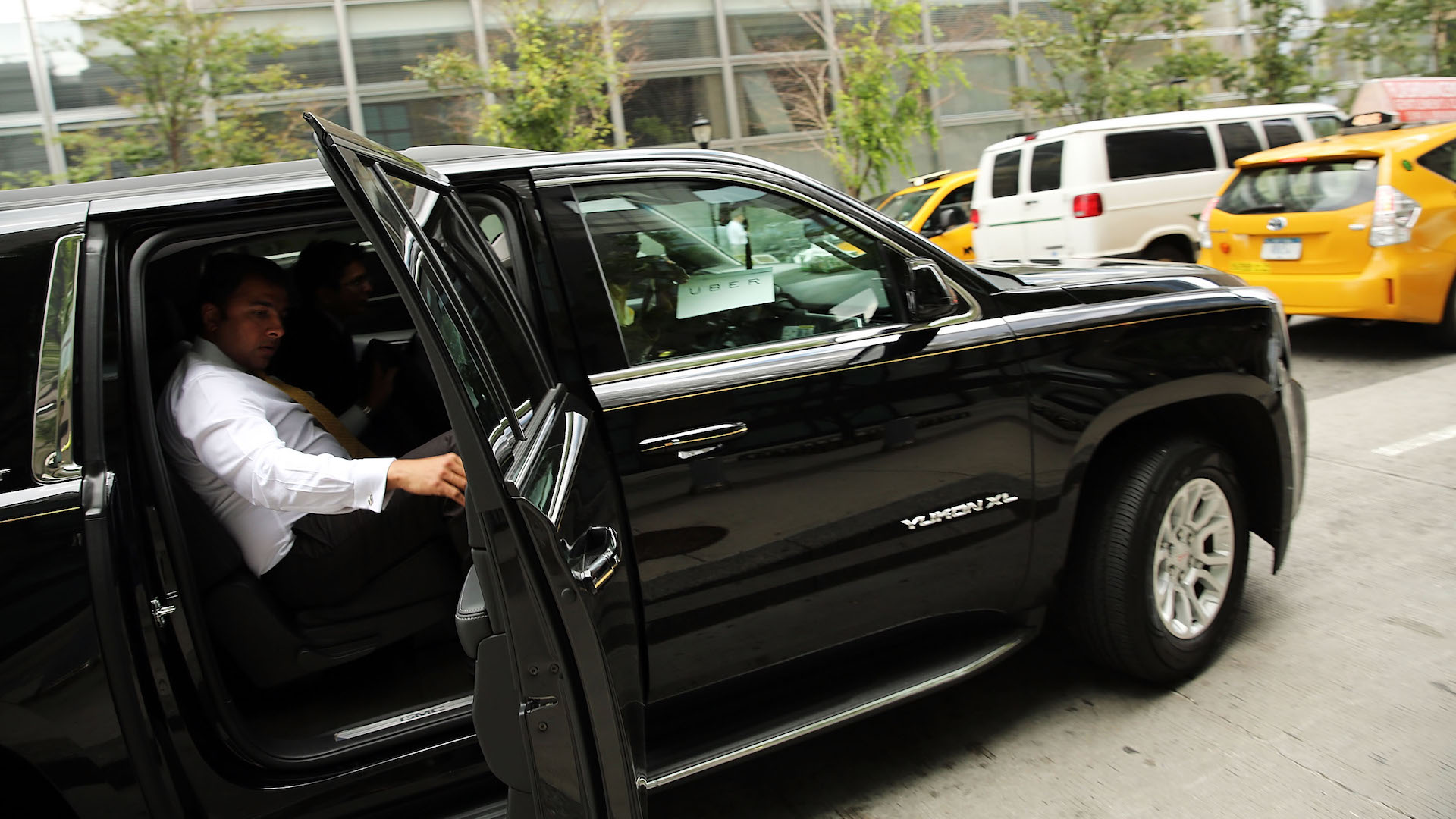

A federal judge in Philadelphia has ruled that Uber drivers are independent contractors, not employees, under federal law.
The ruling is the first of its kind in the United States, reports Reuters. It sets an important precedent for ride-hailing services and the “gig economy” in general.
U.S. District Court Judge Michael Baylson ruled on Wednesday that Uber does not exert enough control over drivers in its high-end UberBlack service for the drivers to be considered employees under the federal Fair Labor Standards Act. The judge noted that drivers work when they want to and are free to nap, run personal errands, or take smoke breaks between trips.
Uber has been hit with multiple lawsuits alleging mistreatment of drivers or claiming that drivers should receive protections like a minimum wage and overtime that are guaranteed to employees. But Uber and many other companies rely on freelancers to keep costs down. The use of freelancers for jobs previously done only by corporate employees is the foundation of the gig economy.
An Uber spokeswoman told Reuters that the company is pleased with the decision. Jeremy Abay, a lawyer for the plaintiffs, said he would appeal the decision.
Most disputes between Uber and its drivers go to arbitration, according to Reuters, but the plaintiffs in the Philadelphia case were among a minority that did not sign arbitration agreements. Filed in 2016, the lawsuit claimed UberBlack drivers in Philadelphia were Uber employees and were thus entitled to minimum wage and overtime under the Fair Labor Standards Act.
Judge Baylson said he was the first to rule on the classification of Uber drivers under federal law, but multiple states have already made decisions of their own. Last year, a state appeals court ruled that Uber drivers were not company employees under Florida law, but state agencies in California and New York have said drivers are employees under those states’ laws.
While the Philadelphia ruling may be the first of its kind for Uber, it isn’t the first for a gig-economy company. Two months ago, a federal judge in San Francisco ruled that GrubHub food delivery workers are not employees of the company. It’s a relevant decision for ride-hailing companies since GrubHub also relies on freelancers.
This latest ruling is a victory for Uber, but it likely won’t erase the bad blood between the company and its drivers. Given how Uber’s treatment of its drivers has become such a controversial issue, it’s not surprising that the company has poured so many resources into the development of self-driving cars.